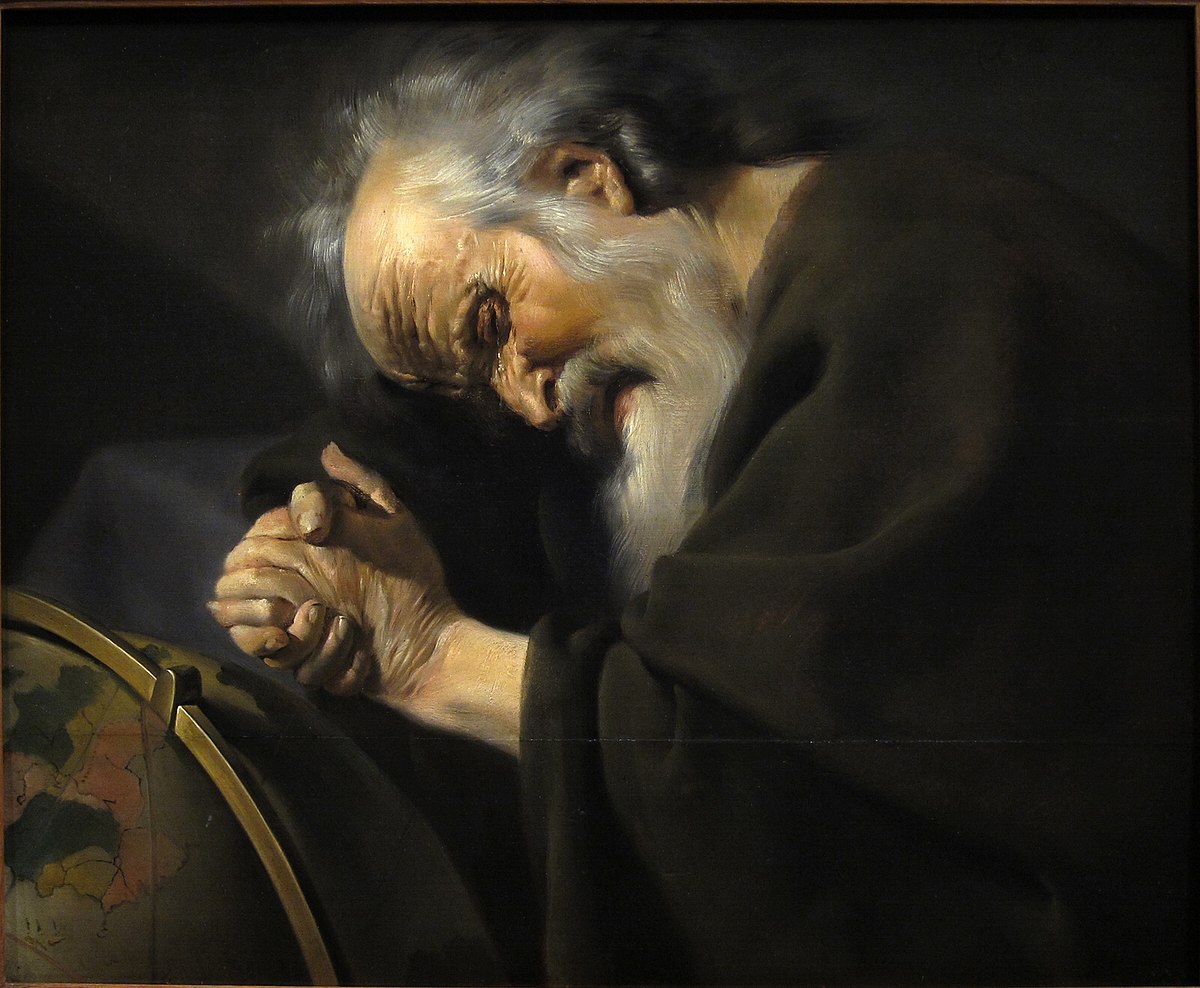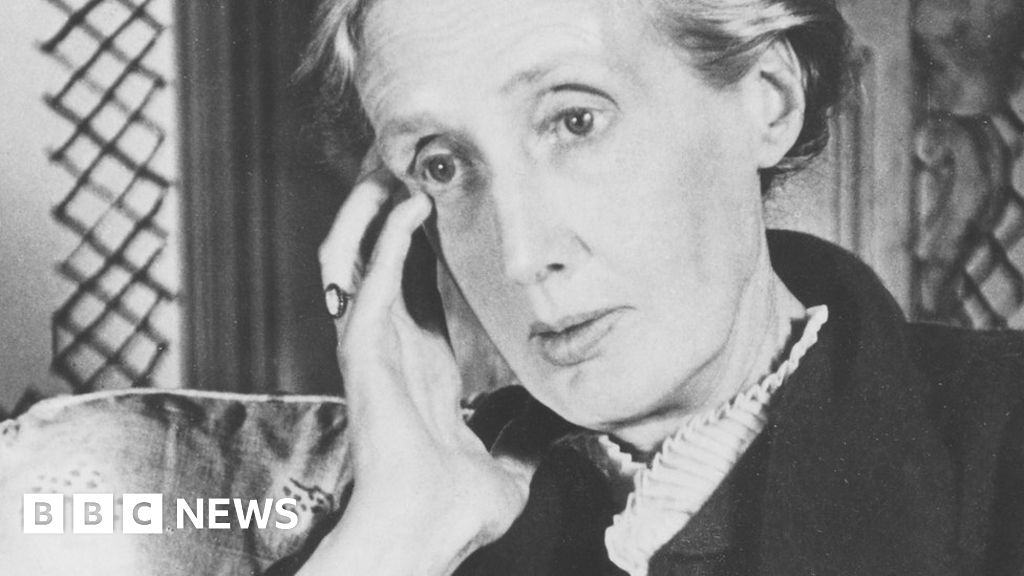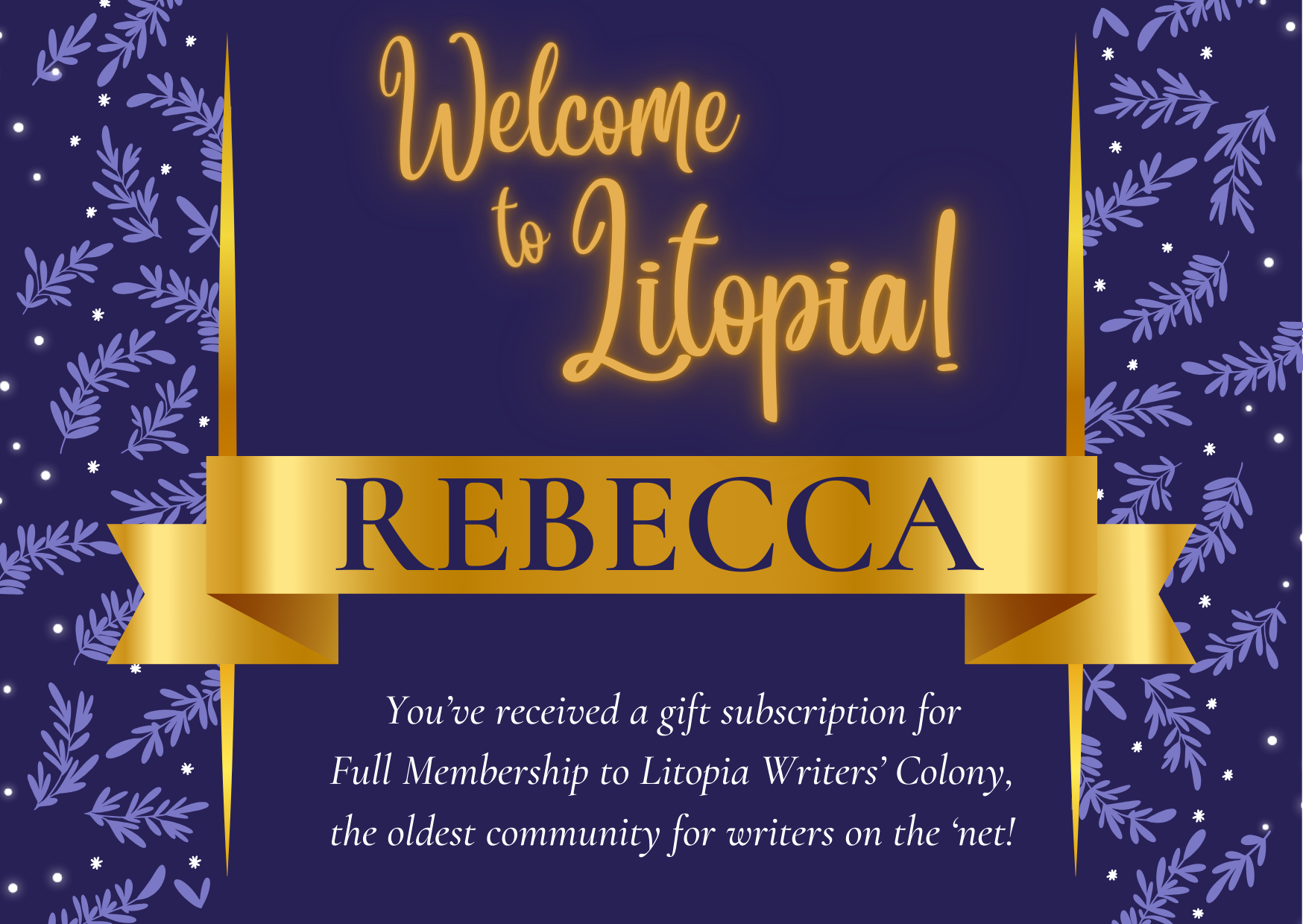- Thread starter
- #31
@Eva Ulian ^^^
Follow along with the video below to see how to install our site as a web app on your home screen.
Note: This feature may not be available in some browsers.
Café Life is the Colony's main hangout, watering hole and meeting point.
This is a place where you'll meet and make writing friends, and indulge in stratospherically-elevated wit or barometrically low humour.
Some Colonists pop in religiously every day before or after work. Others we see here less regularly, but all are equally welcome. Two important grounds rules…
We now allow political discussion, but strongly suggest it takes place in the Steam Room, which is a private sub-forum within Café Life. It’s only accessible to Full Members.
You can dismiss this notice by clicking the "x" box

Hey there—I do have an injured knee, however, I enjoyed the Huddle and Book Club. Did I seem disengaged? Or unkind? Why do you ask? My knee has some inflammation and will be better soon. Thanks for thinking of me. I enjoyed our discussion although I don’t mean to be “clamoring”!@ChandlerJules You okay?
No, I just was wondering because you were late and I did not know at that time if you would be coming. More anon, but am about to retire.Hey there—I do have an injured knee, however, I enjoyed the Huddle and Book Club. Did I seem disengaged? Or unkind? Why do you ask? My knee has some inflammation and will be better soon. Thanks for thinking of me. I enjoyed our discussion although I don’t mean to be “clamoring”!
I was just thinking of my two nominations for our group. I’m suggesting: Milagro Beanfield War, by John Nichols (based in New Mexico with a hint of Magical realism) and The Nest by Cynthia D’Aprix Sweeney, about a family eagerly anticipating an inheritance, soon to be thwarted and the unintended consequences. (completed for MFA at Bennington, returning student, age 50)
Unimaginable Good Fortune inThe Nest,
by Cynthia D’Aprix Sweeney, Setting-as-Character (Ecco, 2016)
Reviewed by Chandler Jules Howard approx: 750 words
Cynthia D’Aprix Sweeney’s novel depicts four siblings, the Plumbs, in New York City, who will inherit a trust fund, a nest egg, which has mushroomed in value beyond any expectation post 9/11. They have fantasized and then, taken as fact that this dazzling fortune will soon be in their possession. This is threatened by one brother’s extramarital dalliance which burdens all with tragic reverberating consequences.
Three of the siblings go to separate bars, near Grand Central, prior to confronting Leo on how he will repay the nest and to ponder their next move. Melody has suggested the Hyatt hotel restaurant but "had been mocked by Jack and Beatrice, the Hyatt not landing on their list of venues deemed acceptable by some arcane criteria she had zero interest in decoding. She refused to feel inferior to those two anymore, refused to be diminished because she didn’t share their veneration for everything old Manhattan." (The Nest)
By using the settings of the Hyatt bar, an Irish pub, and the posh Club-like environs of Jack’s choice, Sweeney conveys attitudes and lifestyles of our characters in a few swift paragraphs. We gather insight for Melody, Bea, and Jack’s struggles and desires. This darkly comedic drama spins out and threads its’ way through the family drama without yielding to mawkish sentimentality.
The description of the storm looming outside is yet another clever use of the environment. Snowtober forecasts a freakishly early winter both unexpected and harsher than first envisioned. This October Saturday in Manhattan thus perfectly foreshadows the lurking doom for the Nest. The unimagined devastation to their fantastic fortune catches the Plumbs unguarded and vulnerable. They have no plan B.
Gathered at the Oyster Bar with Leo, Sweeney deploys her characters with a deft hand. We learn of Melody’s upside-down mortgage on her beloved Arts and Crafts bungalow and the college tuition looming for her twin daughters. Bea anxiously counsels balance and understanding for Leo even as she cravenly longs for his approval. Jack’s anger is fueled as much by his deceptions to his partner as his horror at realizing the unlikelihood of Leo repaying the missing millions to the fund.
Again and again images of home and hearth and nest are examined as the Plumbs navigate the shoals of potential ruin. Settings of Melody’s renovated home, Bea’s Upper Westside apartment, and Jack’s North Fork cottage tumble the characters into dire straits. The images of NYC populate the imagination fueling glamorous fantasies that are all too real in the minds of the Plumbs.
Meanwhile, Stephanie’s Brooklyn brownstone and Paul’s Paper Fibre factory underscore some of the smart choices made along the way. Mattie’s rehabilitation and Vinnie’s aggressive intercession propels the action and reveals the depths of Mattie’s sorrow and shame in contrast to the charismatic Leo’s callous disregard of her and his criminal acts. This family had it all and now, their unwillingness to face reality threatens their future.
Despite challenges, the Plumbs remain upbeat and the story exhibits a level of acceptance and growth among the siblings. The use of setting both structures and constrains the story. The novel evolves into three parts: Snowtober, The Kiss, and Finding Leo. With a large number of supporting friends and colleagues it would be easy to become bogged down in details but Sweeney ambles along at just the right pace sweeping the reader forward with the questions of what will happen next and will the family survive?
The politics of NYC business and the literary world also highlight the nefarious choices that trouble all the siblings. The author plays out her hand with skill and tenderness. As a mirror, these settings reflect lurid character flaws, betrayals, sacrifice, and a hard-won equanimity. With mixed reviews, some readers experience great sadness at the end of the novel while others question the “too happy” conclusion. Ultimately, this world of the Plumbs reveals charismatic narcissism, toxic dysfunction and joy and love and an undiminished human spirit.
How was it, one to recommend or to avoid?Okay, why not? Got my chips and dip, a cool one and away we go:

Absolutely. Ciao!@ChandlerJules I will add these to the list, but let's leave some suspense to the discussion, right? I was glad to see you last night!
@JamesCharles, how was the movie?
Quite right, and I'm sure Clarissa Dalloway would have approved! @AgentPete asked during the session if there was anything in the story that makes it relevant to today, and I think (I'm still thinking about it – it was a fascinating discussion), I think the fact that Clarissa's social network is what (at some cost) gives meaning to her life is something many 21st-century denizens would relate to. It's also – if you choose to read it that way – a profoundly humanist stance. We didn't touch on Clarissa's atheism in last nights' discussion, but it certainly looms large in the text. I wish we could have all retired to a suitably salubrious bar and continued the discussion!I have one friend in Berlin and last night was her birthday, so being there was important
That's the most thing about this book club: the conversations wind up being wide-ranging.Quite right, and I'm sure Clarissa Dalloway would have approved! @AgentPete asked during the session if there was anything in the story that makes it relevant to today, and I think (I'm still thinking about it – it was a fascinating discussion), I think the fact that Clarissa's social network is what (at some cost) gives meaning to her life is something many 21st-century denizens would relate to. It's also – if you choose to read it that way – a profoundly humanist stance. We didn't touch on Clarissa's atheism in last nights' discussion, but it certainly looms large in the text. I wish we could have all retired to a suitably salubrious bar and continued the discussion!
I thought your insights were beautiful and had no idea about your knee. Question: I thought Aristotle said that about character being destiny, but your quote is in Latin. Do I have this all wrong? Please elucidate.Hey there—I do have an injured knee, however, I enjoyed the Huddle and Book Club. Did I seem disengaged? Or unkind? Why do you ask? My knee has some inflammation and will be better soon. Thanks for thinking of me. I enjoyed our discussion although I don’t mean to be “clamoring”!
I was just thinking of my two nominations for our group. I’m suggesting: Milagro Beanfield War, by John Nichols (based in New Mexico with a hint of Magical realism) and The Nest by Cynthia D’Aprix Sweeney, about a family eagerly anticipating an inheritance, soon to be thwarted and the unintended consequences. (completed for MFA at Bennington, returning student, age 50)
Unimaginable Good Fortune inThe Nest,
by Cynthia D’Aprix Sweeney, Setting-as-Character (Ecco, 2016)
Reviewed by Chandler Jules Howard approx: 750 words
Cynthia D’Aprix Sweeney’s novel depicts four siblings, the Plumbs, in New York City, who will inherit a trust fund, a nest egg, which has mushroomed in value beyond any expectation post 9/11. They have fantasized and then, taken as fact that this dazzling fortune will soon be in their possession. This is threatened by one brother’s extramarital dalliance which burdens all with tragic reverberating consequences.
Three of the siblings go to separate bars, near Grand Central, prior to confronting Leo on how he will repay the nest and to ponder their next move. Melody has suggested the Hyatt hotel restaurant but "had been mocked by Jack and Beatrice, the Hyatt not landing on their list of venues deemed acceptable by some arcane criteria she had zero interest in decoding. She refused to feel inferior to those two anymore, refused to be diminished because she didn’t share their veneration for everything old Manhattan." (The Nest)
By using the settings of the Hyatt bar, an Irish pub, and the posh Club-like environs of Jack’s choice, Sweeney conveys attitudes and lifestyles of our characters in a few swift paragraphs. We gather insight for Melody, Bea, and Jack’s struggles and desires. This darkly comedic drama spins out and threads its’ way through the family drama without yielding to mawkish sentimentality.
The description of the storm looming outside is yet another clever use of the environment. Snowtober forecasts a freakishly early winter both unexpected and harsher than first envisioned. This October Saturday in Manhattan thus perfectly foreshadows the lurking doom for the Nest. The unimagined devastation to their fantastic fortune catches the Plumbs unguarded and vulnerable. They have no plan B.
Gathered at the Oyster Bar with Leo, Sweeney deploys her characters with a deft hand. We learn of Melody’s upside-down mortgage on her beloved Arts and Crafts bungalow and the college tuition looming for her twin daughters. Bea anxiously counsels balance and understanding for Leo even as she cravenly longs for his approval. Jack’s anger is fueled as much by his deceptions to his partner as his horror at realizing the unlikelihood of Leo repaying the missing millions to the fund.
Again and again images of home and hearth and nest are examined as the Plumbs navigate the shoals of potential ruin. Settings of Melody’s renovated home, Bea’s Upper Westside apartment, and Jack’s North Fork cottage tumble the characters into dire straits. The images of NYC populate the imagination fueling glamorous fantasies that are all too real in the minds of the Plumbs.
Meanwhile, Stephanie’s Brooklyn brownstone and Paul’s Paper Fibre factory underscore some of the smart choices made along the way. Mattie’s rehabilitation and Vinnie’s aggressive intercession propels the action and reveals the depths of Mattie’s sorrow and shame in contrast to the charismatic Leo’s callous disregard of her and his criminal acts. This family had it all and now, their unwillingness to face reality threatens their future.
Despite challenges, the Plumbs remain upbeat and the story exhibits a level of acceptance and growth among the siblings. The use of setting both structures and constrains the story. The novel evolves into three parts: Snowtober, The Kiss, and Finding Leo. With a large number of supporting friends and colleagues it would be easy to become bogged down in details but Sweeney ambles along at just the right pace sweeping the reader forward with the questions of what will happen next and will the family survive?
The politics of NYC business and the literary world also highlight the nefarious choices that trouble all the siblings. The author plays out her hand with skill and tenderness. As a mirror, these settings reflect lurid character flaws, betrayals, sacrifice, and a hard-won equanimity. With mixed reviews, some readers experience great sadness at the end of the novel while others question the “too happy” conclusion. Ultimately, this world of the Plumbs reveals charismatic narcissism, toxic dysfunction and joy and love and an undiminished human spirit.
I thought your insights were beautiful and had no idea about your knee. Question: I thought Aristotle said that about character being destiny, but your quote is in Latin. Do I have this all wrong? Please elucidate.
PS: I read Milagro Beanfield War decades ago, and I look forward to reading The Nest. Thank you!
My preferred solution.Well...I had to drop out of the bookclub because of work. I missed a customer's texts, so they wound up calling me when I didn't respond. They were preparing for a demo on Monday (today), and ran into problems setting up the vehicle.
Well...we got it working. Too bad the demo got postponed until Wednesday because of the weather. There was no need for me to leave the bookclub, after all. FML
At least I'll get to finish Mrs. Dalloway without further spoilers. I dread learning what happens to poor Septimus. I know it won't be good.
I'm not sure how far into Ulysses I'll get. Like I said, it's like listening to Rainman mixed with "Look, squirrel !"
Here it is. Heraclitus not Aritstotle.Peyton: Not sure about Aristotle. I found Hughlings Himwich when tracking down quote from Lonesome Dove by Larry McMurtry (a masterful novel and personal favorite and I don’t read Westerns)
Here is HH:
“Uva uvam vivendo varia fit.
This Latin phrase from Lonesome Dove is neither nonsense nor bad Latin. It means "A grape becomes mottled by being a grape," with the sense: it is the nature of a grape to become "mottled" as it ripens. In the context of the novel, this means, "Character is destiny" -- the truth of which is illustrated time and again in the novel. The repetition of the 'v' strengthens the point. It is lovely Latin.
vivendo here is a gerund of vivo, in the ablative (instrumental). uvam is a cognate or internal accusative (a play on vitam vivendo), a not uncommon feature of ancient Latin. Most often in Classical Latin the gerund and its object are rendered into the same case and gender, but the usage here is also well attested. The grammatical formation of the gerund and its object are too involved to discuss here, but for a Latinist it would present no problem. I have seen elsewhere the claim that vivendo is a "false gerund." That's absurd on the face of it (the gerund form of vivo is actually quite common, e.g. modus vivendi), unless the author of the post meant that vivendo was simply thrown in without any regard for its grammar or meaning. In either case, the claim is unfounded. The effort to derive this superb Latin sentence as a corruption of a line from Juvenal is likewise misguided and is likely responsible for the "false gerund" claim. At best, Juvenal's line is a red herring. Clearly, an accomplished Latinist, perhaps an acquaintance of the author if not McMurtry himself, is responsible for Uva uvam vivendo varia fit.
Just as a grape or a man can become nothing other than what each is, pigs remain true to themselves. "We don't rent pigs. . . Goats and donkeys are neither bought nor sold," only cattle and horses whose character man has fundamentally changed.“ HH is worth checking out-poet and photographer.
I am not this scholarly, but I am passionate about learning new things. Also, I do notice my avatar doesn’t show this quote or my full member status. When I tried to respond to request for a critique earlier, was refused permission.
Thanks for your kind words.


My preferred solution.
Yeah, and the Bloomsday thing I really dont get. is it just a cult for people who read the book. I mean if it's a Pratchett convention I'm in, but this has none of Pratchett's human insight. Tho there are elephants.And I still don't understand it (though I have been to the Martello Tower in Sandycove. It's not far from where I used to live).

